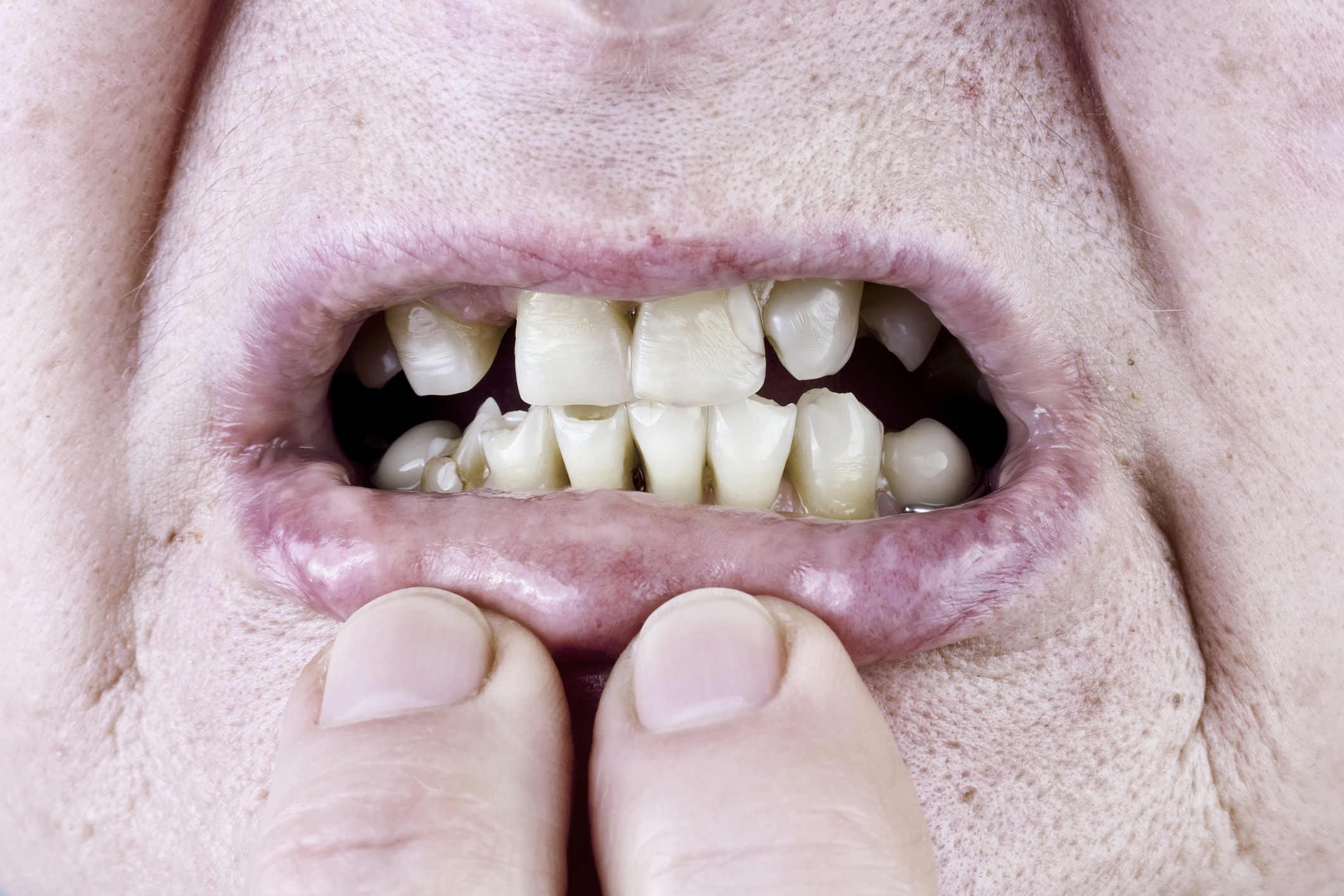A lifetime of good dental care means many adults are able to keep their natural teeth well into old age but seniors should still get regular checkups to avoid or treat some of the most common dental problems, including cracked and fracturing teeth.
According to Dentistry Today, cracked and fractured teeth are the third leading cause of tooth loss in industrialized nations. And although they may not know it, about two-thirds of people have a cracked tooth.
Most people have fluorinated water in their homes but filtering or drinking bottled water may eliminate this important step in preventing decay and tooth loss. Using a fluoride rinse after brushing and flossing once or twice a day can help prevent decay and strengthen enamel. According to Harvard Medical School’s Health Publishing, the rate of tooth decay in seniors over 65 is now greater than that of school-aged children.
More stressful lives may also contribute to tooth cracking. More adults are clenching or grinding their teeth and bruxism can cause structural cracks that left untreated, can lead to tooth loss. People with TMJ disorder may have a bite which can cause the teeth to wear down, making them more likely to crack. Using a bite guard at night can help prevent damage to teeth. Large fillings, especially metal amalgam fillings or root canals can also cause stress on a tooth and lead to cracking.
If you have sensitivity to heat or cold, sweet, sour or sticky foods or pain when you are chewing, talk with your dentist; the crack may be microscopic but without treatment, the pulp can become damaged and result in the need for a root canal to save the tooth. Porcelain crowns or onlays can help small cracks from becoming larger and bond the structure of the tooth. Avoid chewing hard foods and don’t chew on the side that is painful until you have been treated. Learn more about aging and dental health, including caring for an elderly or disabled person, at Mouth Healthy by the American Dental Association.






Add Your Voice
0 Comments
Join the Discussion